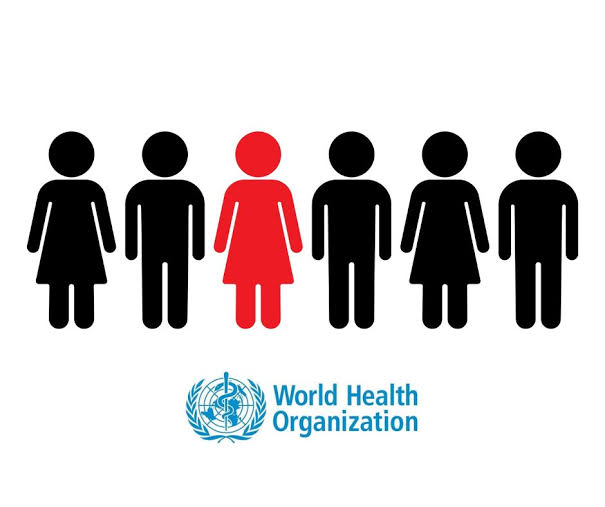The Association for Fertility and Reproductive Health (AFRH), is advocating for health insurance cover for fertility treatments for couples who need but cannot afford it.
The Chairman of the association’s Scientific Committee, Dr Ibrahim Wada, appealed on Thursday in Abuja, at a media briefing to announce the association’s 14th Annual International Conference.
Wada, who is also the founder of Nisa Premier Medical Group, said that infertility was a disease deserving of insurance coverage.
He said that it should be captured under the National Health Insurance Authority (NHIA).
According to him, the cost of fertility treatments remains a major barrier for many Nigerian couples who do not have children.
“So every effort, whether it is public sector or Public-Private Partnership, that brings down the cost.
“What will help most is if we are able to push fertility as a disease that is covered by the NHIA, at least.
“If the NHIA tops whatever people are paying now, you add 10 Naira per month on it, many of the couples that are crying in this country today, their tears will be wiped away.
“If we have 100 million people or 40 million people on insurance who pay just 10 Naira extra a month, that puts a lot of money that can attack many diseases,” he said.
Wada said that in countries like Belgium and Qatar, fertility treatments were fully funded by health insurance.
He said that it allows citizens to attempt the treatment multiple times without bearing the financial burden of out-of-pocket payments.
Emphasising the significant progress made in Assisted Reproductive Technology (ART) in the country, Wada said that it was largely driven by the private sector.
He said that it makes the country a key player in Africa’s reproductive health landscape.
He, however, noted that the long-awaited In-Vitro-Fertiilisation (IVF) regulation Act, was currently in progress.
According to him, the Act aims to regulate and expand access to IVF treatments while addressing critical issues like insurance coverage for fertility services.
“For many years, we have tried to regulate the practice of IVF in Nigeria. These things can take time.
“We have had several meetings, the document is ready, we are hoping that at some point, the Medical and Dental Council of Nigeria (MDCN) will meet and ratify it,” he said.
He said that the ART segment of the health sector in Nigeria was reversing medical tourism through IVF, as couples from other countries now come to Nigeria to access IVF services.
The chairman of, the Local Organising Committee (LOC) of the conference, Dr Sunday Onuh, said that the conference would be held in Abuja from September 18 to September 20.
Onuh announced the theme of the conference as “Collaboration for Assisted Reproductive Technology (ART): Global Best Practices In Nigeria”.
He said that other sub-themes such as “Groundbreaking Assisted Reproductive Technology (ART)” and “Advancing Ethical Practices in Third Party Assisted Reproductive Technology (ART)” would be discussed.
“The conference represents an invaluable opportunity for professionals in the field of reproductive health to come together.
“The idea is for them to share experiences and collaborate on solutions that will enhance ART practices and ensure that ethical standards are upheld in Nigeria,” he said.
According to him, the conference will bring together leading experts, researchers, clinicians, policymakers and stakeholders from across the globe.
AFRH is a leading professional organisation dedicated to improving the standards of fertility care and reproductive health services in Nigeria.
Its mission is to advance the science and practice of reproductive health by fostering an environment that encourages innovation, ethical practices and excellence in patient care.
NAN


